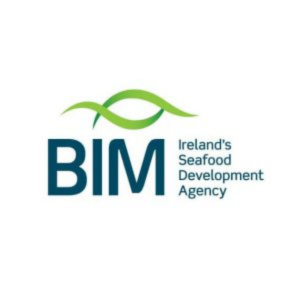ECO TECH AT PURE SPACE
So, we’re an eco-campsite. But what does that mean?
Well, our campsite is evolving and as it does we are trying to make good environmentally minded choices at each decision checkpoint. Eco-technology is a rich area for debate, with regard to the best solutions. Here some of the things we’ve done to date…
Waste Treatment
We have a standard toilet and shower block that features standard flush toilets. The waste water is gravity fed to a large septic tank and from there to a 30m horizontal reedbed. From the reedbed, the partially treated liquid is further cleaned in by a willow coppice, before passing through a buffer marsh before being discharged to surface water. The Gents section of the standard toilet block has a waterless urinal, that has the potential to save some fantastic amount of water each year (that is, if you are to believe the marketing by waterless urinal vendors).
Water Usage
We try to conserve water where we can. We use our own well water to nourish ourselves, our animals, and our garden.
We have a DIY rainwater harvesting system in our shed and use this water to flush toilets. We have a water meter where we measure our usage and save to an online spreadsheet.
Water Heating
Our domestic water is heated using an air-source heatpump, which works well as we are near the coast.
Hot water for the standard toilet block (showers and central heating), is generated by a log burning stove. While we are waiting for our emerging native woodland to be mature enough to coppice for firewood, we use only FSC-certified logs. We have a secondhand 120-vacuum tube solar system that complements and hopefully in the Summer months replace the need for logs.
Hot water for the campers’ kitchen and eco-block showers is generated by a DIY solar panel that we built onsite. Forgive the mix of units, but it’s approximately 12′ square, with 300m of coiled 1″ black plastic pipe on a south facing roof.
Solar Lighting
When possible we use solar lighting, that is, low-level lighting around the campsite and in the woods. We have solar a PIR light outside the eco-block toilets and a switchable solar light in the campers’ kitchen. The outdoor sauna is also lit by solar powered fairy lights.
Environmental Impact Management Plan
Reporting
Any environmental incidents are reported directly to management by our guests or staff.
Action Plan and Reduction strategy
1. Energy use
Lighting in our bell tents and cabins are solar powered
Campsite lighting is solar based except for Kitchen and Toilet and Shower Block
We have signage to ask guests to conserve energy and turn off lights.
We keep an an annual account of energy usage online.
2. Waste creation (including food & solid waste)
We have well highlighted waste management system onsite with waste being separated and compost facilities in the camper’s kitchen. We keep an annual account of waste usage.
3. Water use
We have signage displayed to ask guests to conserve water and to notify us of any leaks.
4. Detergent and disinfectant use
We only use eco-friends products as per our Green Purchasing Policy.
5. Wildlife/biodiversity impact
We do not use any weedkiller on site and only mow paths in our campfield. We highlight biodiversity on our site and in our guest induction.
6. Effective treatment of sewage/grey water
We have a natural waste water treatment system that is monitored by Clare County Council.
7. Pollution from greenhouse gasses, noise, light, run-off, erosion, ozone-depleting compounds, and air and soil contaminants?
We have limited lighting on the site to reduce light pollution.












